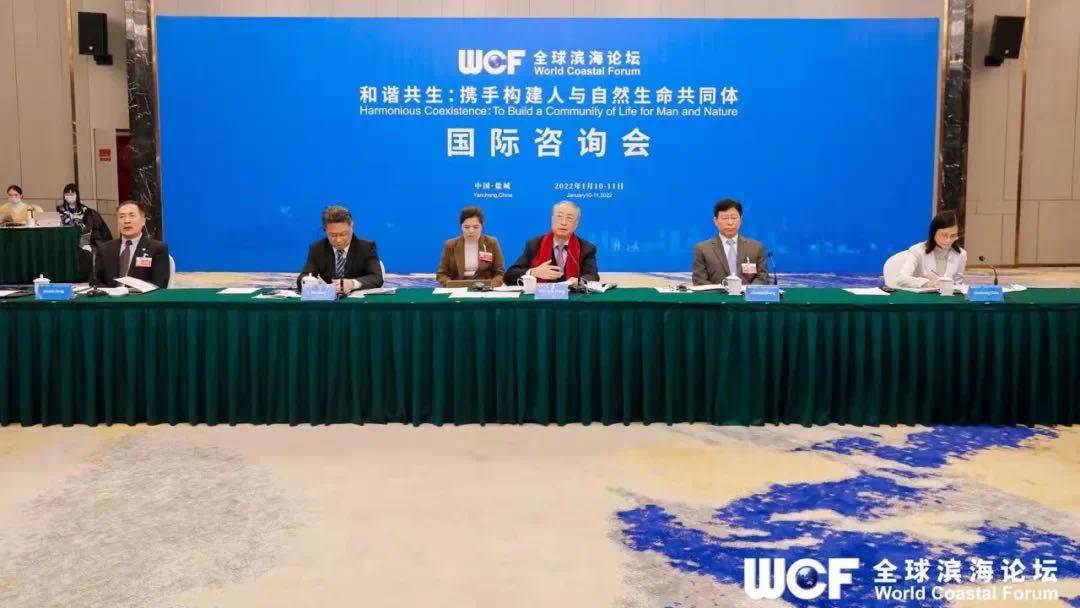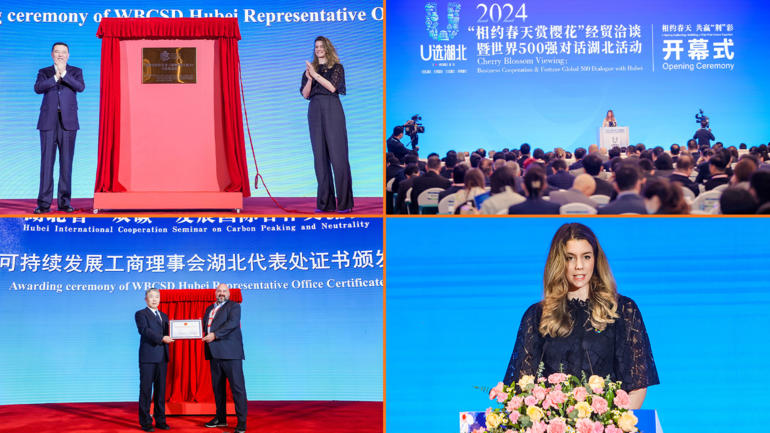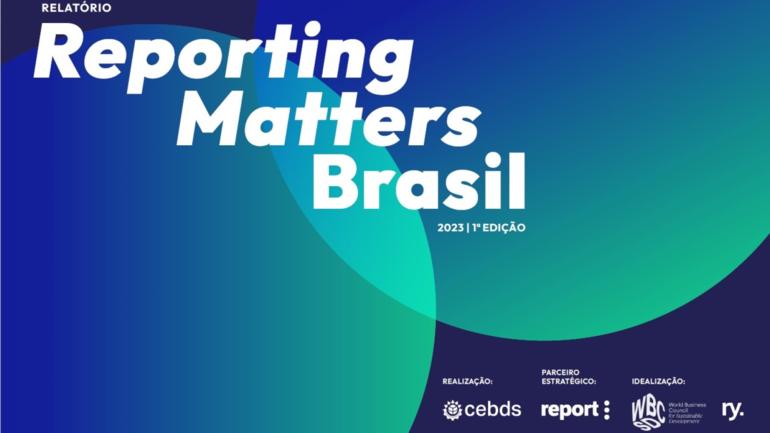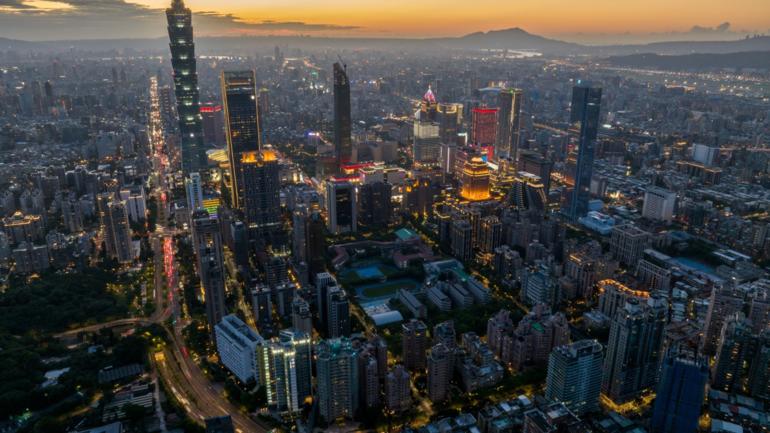On January 10, the World Coastal Forum (WCF) kicked off in Yancheng, Jiangsu Province, China. The Forum was co-sponsored by the Ministry of Natural Resources (MNR) of China and Jiangsu Provincial People’s Government with the theme “Harmonious Coexistence: To Build a Community of Life for Man and Nature.”
The heads of key international organizations, including Qu Dongyu, Director-General of the Food and Agriculture Organization of the United Nations (FAO), Martha Rojas Urrego, Secretary General of the Ramsar Convention, and Bruno Oberle, Director-General of the International Union for Conservation of Nature (IUCN), delivered speeches to the Forum. They introduced the Forum’s agenda and issues of coastal protection to international communities, emphasizing the promotion of sustainable development by jointly strengthening the global coastal ecological protection.
Zhou Weidong, Director of the World Business Council for Sustainable Development (WBCSD) in China, attended the International Advisory Meeting of the Forum, where the Initiative on the Establishment of the WCF was adopted. Zhou introduced Vision 2050: Time to Transform, the bold transformation agenda developed by WBCSD with major global companies that highlights nine transformation pathways covering the areas of business activity that are essential to society, as well as WBCSD’s 2022-2027 strategy, the focused five-year strategy that has three pillars, Imperatives, Pathways (Food, Energy, Products & Materials, Transportation & Mobility, Built Environment, and Health & Wellbeing), and Redefining Value.
Ministerial officials and representatives of relevant departments in Russia, the United Kingdom, Portugal, South Korea, Indonesia, Cambodia, Peru, Colombia, Seychelles and other countries made speeches at the International Advisory Meeting. They shared their measures and practices in coastal ecological protection and restoration and called for strengthening coastal ecological protection and rational utilization through international cooperation and adopting pragmatic and effective solutions.
The WCF will be an international, multi-stakeholder platform for accelerating the conservation of coastal ecosystems with a focus on wetlands. It aims to facilitate the provision of nature-based solutions and other ecosystem services, conservation of important biodiversity, as well as maintenance and restoration of international ecological connectivity, which is vital for coastal wetland-dependent migratory species and supports adaptation to climate change of this endangered global heritage.
To learn more about WBCSD’s work in China, please contact Zhou Weidong.








